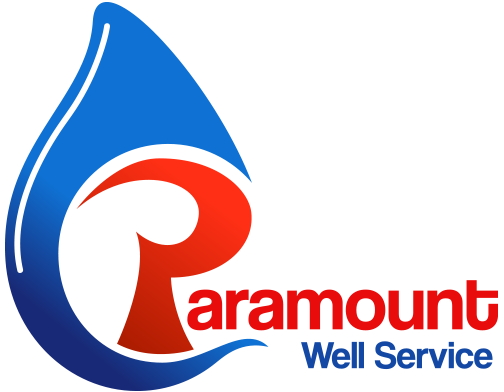If you’ve only ever lived in homes that received its water from the city, it may be a completely new territory for you to buy a home with a water well. What qualifies as a good well? Should you be concerned about a low yield well? What should you consider before buying?
Instead of shying away from a home with a water well, review these tips on successfully purchasing property with a well.
Have the Water Tested
Before buying a new home, you’ll want to have the water tested for both purity and safety. A water sample will be taken from the tap and then sent to a water testing lab. Once they finish with the tests, you’ll receive a detailed report of the water quality. You can work with a local water professional to help you understand the results.
Many standard water tests check for pH, alkalinity, hardness, turbidity, minerals (such as calcium), and volatile organic compounds (VOCs). You will need to request to have the water tested for radon; this is highly recommended. You need to know what is in your water, so you know if it’s safe and if the water will need to be treated (either by a water softener or filtration system).
Ask How Old the Well Is
It will be helpful to know how old the current water well is. The average lifespan of a well is 30-50 years. If you buy the home, will you need to have parts of the well replaced within a few years? If the well is older than 15 years, make sure to budget replacement parts into your home budget.
Inquire About the Age of the Pump and Pressure Tank
On top of knowing the age of your well, you’ll also want to know the age and condition of the parts. Well pumps last an average of ten years, which means you’ll likely need to replace the pump when you buy the home. Ask the sellers when they last replaced the pump and pressure tank.
You’ll also want to inspect the pressure tank and the pump fittings for signs of corrosion. This could mean these parts will need to be replaced. You may request the seller to make these replacements, or you may be responsible for them yourself.
Consider the Location of the Well
A well cap that is located uphill or on level ground is ideal. Any number of things can run into the well, contaminating the water, if it is located downhill or on uneven ground.
Make sure the water well is at least 100 feet away from the septic tank. Just like contaminants can pool on top of well caps that are located downhill, pollutants from a septic system could leak out and spread to your well. A well inspector can help you determine if the location of the well is okay or not.
Know the Well Capacity
Ask the home sellers about the capacity of the well. Average-sized families require about 100 to 120 gallons of water per day. Does the well support this capacity? Do you need an even bigger water supply? Knowing this information can help you see if you’ll need to drill another well or not.
Determine if It’s a Low Yield Well
While checking out the capacity of the well, professional well inspectors will perform a flow rate test to see how many gallons of water per minute are being pumped to the house. This flow rate could indicate whether the well is low-yielding.
What is a low yield well? It is a well that doesn’t push a sufficient amount of water to the house. Many homes with low-yielding wells experience low water pressure in their sinks, showers, washing machines, and toilets.
Low yield wells are a frustrating problem, but not all hope is lost. With a few techniques, you can fix a well with insufficient pressure. Check out our blog on how to get good water pressure from a well so you can be prepared when you buy a home with a well.
Seek Help from Well Service Experts
When you buy any home, you never know everything that you’re getting yourself into. And if you’re buying a home with a water well, you may be even more in the dark. Thankfully, when you work with well service professionals before finalizing the sale, you clear up any mysteries that may come with the home.
If you find yourself owning a home with a well and are experiencing problems, our experts can help you get to the root of the issue. For solutions to low yield well systems, contaminated water, and a host of other well problems, contact Paramount Well Service.




